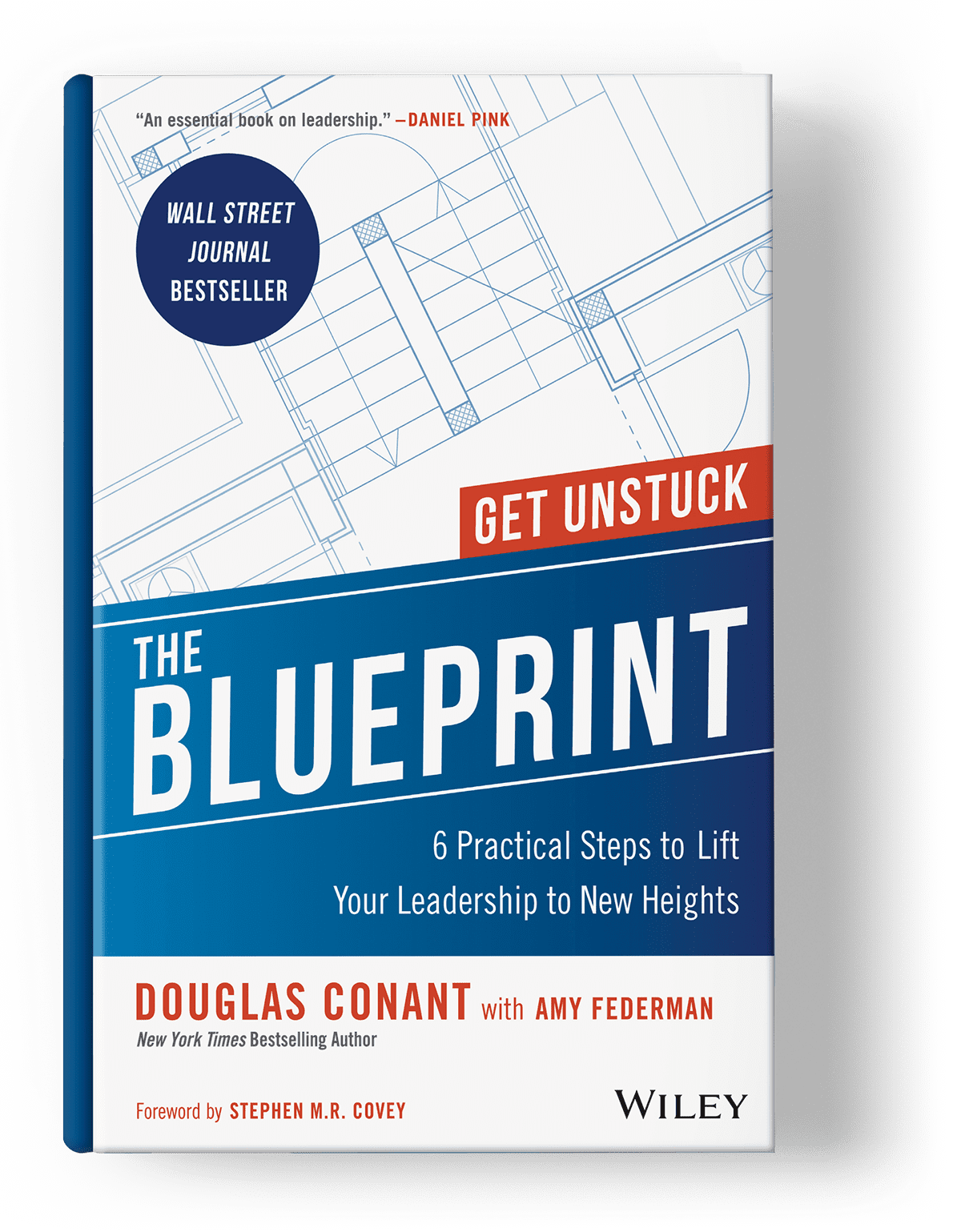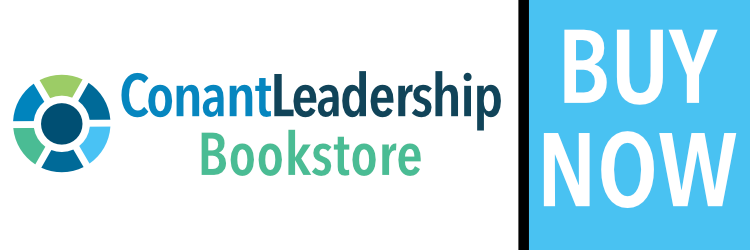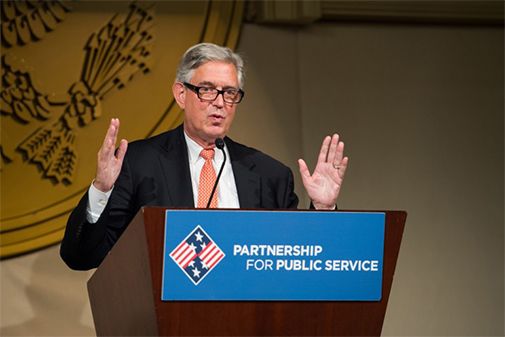Last week I was humbled to be honored for the second year in a row as one of the top thought leaders in trust by Trust Across America (TAA). I was delighted to be celebrated among many fellow champions for workplace trust who I admire — people like Stephen M.R. Covey, Bill George, Jim Kouzes, and others who have worked tirelessly to convey the importance of trust and to embody it within the ecosystems of their organizations. The recognition inspired me to further reflect on the importance of trust.
The first job of a leader – at work or at home – is to inspire trust. “ Stephen M.R. Covey
I’ve written at length about practical ways leaders can build trust: by mastering their craft, cultivating competence in their chosen field, connecting with their purpose, holding steadfast to a clear code, leading with unwavering integrity, and through an abundant approach that is both tough-minded on standards and tender-hearted with people. So, I’ve widely covered the “how” of trust. But I think it is important now to celebrate the “why” because it holds the key to unlocking sustainable exemplary performance. At the end of the day, leadership is all about performance. We discuss, opine, and ruminate often enough about leadership models and behaviors. Rightfully so, as they are important components to our effectiveness. But process must always be in service of outcome. In my experience — without a tangible commitment to trust, our outcomes will suffer. Which causes more mistrust. And, the dysfunctional cycle repeats.
Process must always be in service of outcome.
Why does trust lead to higher performance? Because it enables the organization to work as it should; it is the first defense against dysfunction. In a high-trust environment, populated by contributors with great competence and laudable character, even the most challenging task can be accomplished. Often without much fanfare. People do what they say they are going to do. Contributors listen carefully to one another to safeguard against miscommunication. Engaged colleagues rally around a shared vision, have each other’s back, and are aligned properly to produce results that meet, and often exceed expectations. Trust is the lubricant that enables the high-functioning human machinery of an ideal enterprise. Put simply: breeding high-trust is essential to delivering extraordinary results in an enduring way.
As you might expect (or may have even experienced), the alternative is all too common and yields a much less desirable result: a low-trust environment, where competence is questionable and character is murky; in these workplace climates, even the most mundane task can seem unachievable. The efforts of the group become marred by chaos. I contend that in the absence of trust, potential doom looms large. Mistrust causes discord when people fail to listen to one another. It festers and begets resentment when people don’t do what they say they’re going to do. It multiplies exponentially as people strive in futility, without a clear direction or alignment around goals. Mistrust thrives in the pettiness and incompetence it helps to create, and it almost always leads to sub-optimal performance.
Trust is the lubricant that enables the high-functioning human machinery of an ideal enterprise.
This is why building trust is the absolute first thing a leader must do. When I developed the Campbell Leadership Model (which has since evolved into the ConantLeadership Flywheel) as CEO of Campbell Soup Company, I very purposefully placed “Inspire Trust” as the #1 expectation for all our associates and leaders globally. With good reason. Before a leader can clarify purpose, create direction, align the organization, build vitality, or deliver excellence – the trust must be there. Before he or she can surpass the expectations of all the stakeholders, materialize a transformational initiative, or steady a ship that has drifted off course, the trust must be there. Without it, there will simply be no foundation for results. Think of trust as the roots , and everything else a leader must manifest as the tree. You’ve got to put down the roots if you expect the branches to sprout, grow strong, and inch ever-higher towards the sky.
With these points in mind, I encourage you to view the duty of establishing institutional trust as mission critical. The undertaking may not prove an easy one but it will undoubtedly be a worthy and essential pursuit. Be steadfast in cultivating trust and infusing it into the spirit and framework of your enterprise. Vehemently defend its import to skeptics. You may encounter those who mistakenly misconstrue a trust initiative as a “soft-edged” quest. The best way to prove them wrong is to show them otherwise . . . by exceeding performance expectations.
Without trust, there is no foundation for results.
It has been abidingly true in my experience, that if you start with trust, you will likely end with tangible, hard-edged, more-than-competitive performance in the marketplace. And, if you approach this mandate earnestly, the possibilities are endless. I have found, when your motives for moving the organization forward are unmistakably pure, your opportunity to influence direction is dramatically enhanced. So, let the very first step you take as a leader be a bold and purposeful one towards trust. Then watch your performance prospects soar.
(Photo Credit: ‘Trust” by Lars Ploughman is licensed under CC BY-SA 2.0)






0 Comments